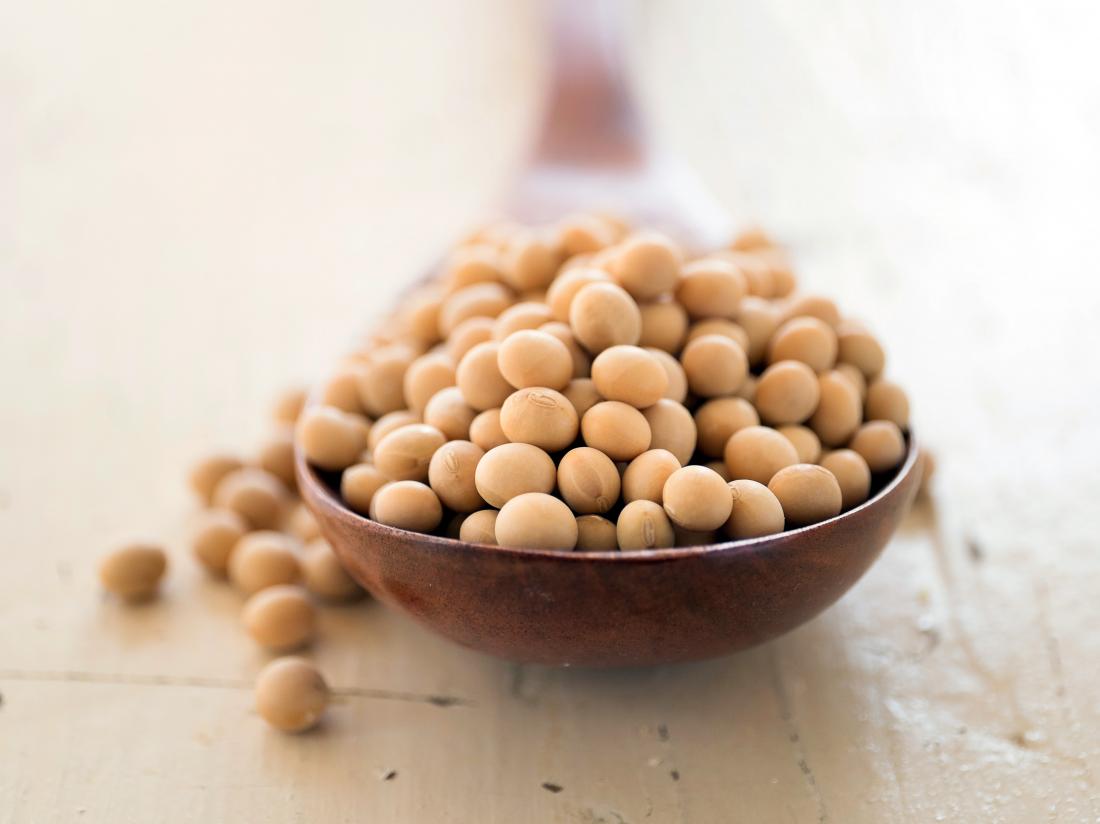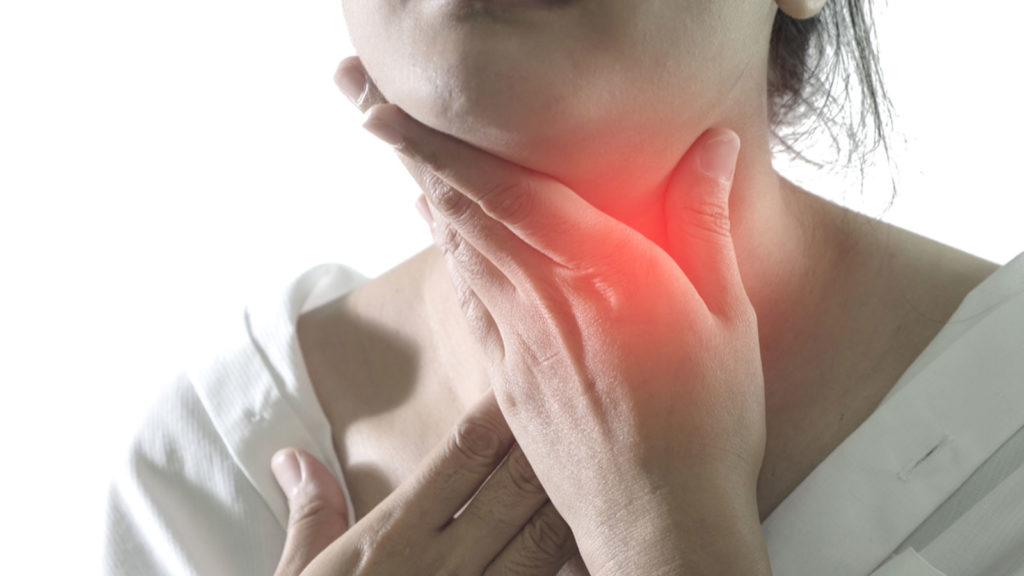Probably the most important thing you put in your mouth every day to manage your hypothyroidism is your hormone replacement medication. But certain supplements, medicines, and foods can interfere with your thyroid treatment or affect your health in other ways. That’s why it helps to know what to eat and avoid. Here are some helpful tips to help you balance your thyroid effectively.
But What is Thyroid?

If you’re always tired, weepy, and irritable, it might be a sign of thyroid problem. 60 percent of 20 million Americans don’t even realize they have thyroid complications. Despite being the most important, many people neglect their existence. The thyroid is a butterfly-shaped gland secretes hormones that manage essential functions in our body – whether it’s metabolizing food, regulating our sleep pattern, weight management, mood swings, anxiety, or depression.
Health care professionals rely solely on blood tests and, subsequently, “prescription hormone therapy” to treat thyroid problems. While it is impossible to control all the risks associated with hypothyroidism, experts recommend following a nutritious diet and replenishing various nutrients. However, the attention paid to food and nutrients to help the gland function properly is often overlooked. The nutrients that the thyroid gland needs are readily available in many foods. Let’s check them out!
Eat Cruciferous Vegetables, But Use Caution!

Avoid broccoli, cauliflower, kale, and other cruciferous vegetables. These products contain glucosinolate, a compound that may interfere with your thyroid function. However, it is now more common to suggest that people limit the amount they eat daily, rather than avoiding them altogether, as cruciferous vegetables offer many other health benefits.
Be Careful When Taking Antacids!

Antacids often contain calcium, which can interfere with the absorption of hypothyroid medication – timing is essential. Antacids do not have to be avoided altogether, but you can change your usual pattern of intake. For example, if you tend to take a few calcium-rich antacid tablets every day, try to take them at a different time of day than when you take your medication.
Avoid Dietary Supplements Containing Kelp

If you live in the United States, it is implausible that you’ll suffer from iodine deficiency because iodine is often already added to certain foods, including salt. The American Thyroid Association warns that too much iodine can actually worsen your hypothyroidism. Therefore, it’s best to avoid taking iodine-rich food supplements that contain seaweed known as kelp.
Balance Your Iodine Intake

Consuming too much iodine can damage your thyroid and make you feel lethargic – a symptom of hypothyroidism. It’s like Goldilocks: If you have too little, it’s not good, and if you have too much, it’s not good either. You’ll find iodine in iodized supplements, salt, and those same big predatory fish. Ask your doctor to give you a 24-hour urine test for iodine. If you have too much, stop taking the types of multivitamins that contain iodine. It’s best to keep your iodine level between 100 and 200 mcg/L.
Avoid Fatty, Pre-Sliced Sandwich Meats and Hot Dogs

Processed meats or anything that says “meat product” in it, like hot dogs and pre-sliced, packaged sandwich meats, are serious offenders of artificial additives that aggravate thyroid issues.
Avoid fatty meats and other sources of saturated fat. Individuals with hypothyroidism are more likely to develop heart disease. This is due to a link between hypothyroidism and higher levels of low-density lipoprotein cholesterol (LDL-cholesterol). As a rule of thumb, look for leaner cuts of beef, or choose poultry or fish.
Reduce Your Soy Consumption

You may want to limit your intake of soy-containing foods. Researchers disagree on whether people with hypothyroidism should avoid soy-containing products. However, the consensus seems to be that you should wait a few hours after taking your hormone replacement medication before eating soy so that it does not interfere with your body’s absorption of the hormone. It may also be wise to avoid eating soy products every day.


